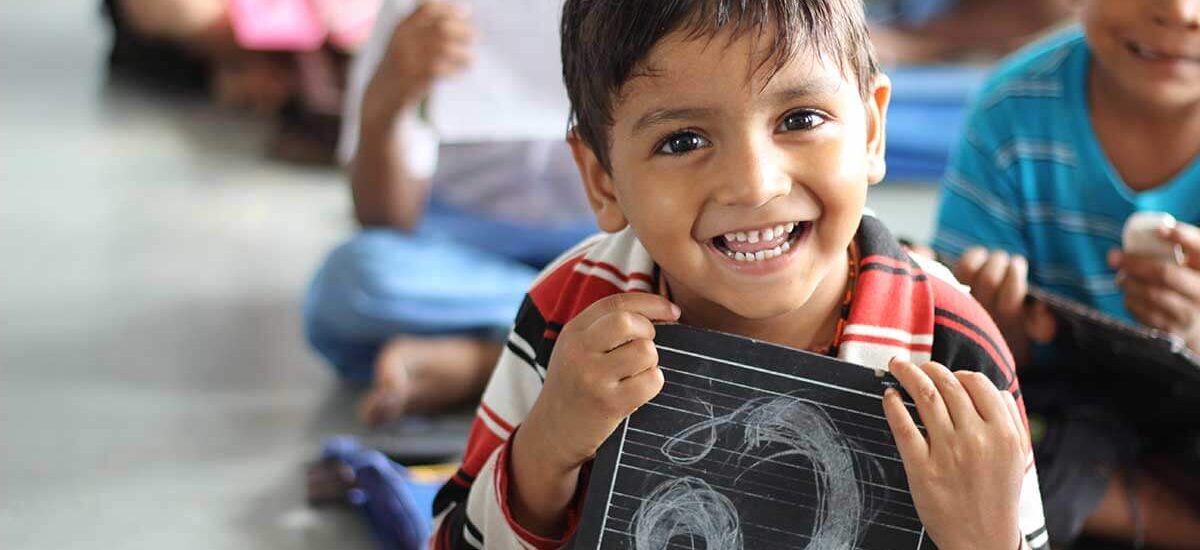Educate the Future Generation: Building a Foundation for a Better Tomorrow
Education is the key to unlocking the full potential of the future generation. It shapes minds, nurtures creativity, and equips young people with the knowledge and skills they need to navigate the complexities of the world. As we look ahead to the challenges and opportunities of the 21st century, the importance of educating the future generation cannot be overstated. By investing in education today, we are laying the groundwork for a brighter, more equitable, and prosperous tomorrow.
The Power of Education
Education is more than just the transmission of knowledge; it is a transformative process that empowers individuals to think critically, solve problems, and contribute meaningfully to society. For the future generation, education serves as a pathway to personal growth, economic mobility, and social inclusion. It opens doors to opportunities that might otherwise remain closed, allowing young people to pursue their dreams and reach their full potential.
Moreover, education plays a vital role in fostering global citizenship. In an interconnected world, it is essential for the next generation to understand diverse cultures, perspectives, and challenges. Education helps build empathy, tolerance, and a sense of responsibility towards others, preparing young people to be active participants in creating a more just and sustainable world.
Challenges Facing the Future Generation
Despite the critical importance of education, many young people around the world face significant barriers to accessing quality learning opportunities. These challenges include:
- Economic Inequality: Poverty remains a major obstacle to education, with many children lacking the resources needed for school attendance, such as uniforms, textbooks, and transportation. Economic hardships also force some children to drop out of school to support their families.
- Gender Disparities: In many parts of the world, girls face additional barriers to education, including cultural norms, early marriage, and lack of access to sanitary facilities. These challenges contribute to lower enrollment rates and higher dropout rates among girls.
- Conflict and Displacement: War, violence, and natural disasters disrupt the education of millions of children globally. Displaced children often miss out on years of schooling, leading to gaps in their education and limited future opportunities.
- Digital Divide: The growing reliance on technology in education has highlighted the digital divide, with many students lacking access to the internet, computers, or other digital tools. This gap has been exacerbated by the COVID-19 pandemic, leaving disadvantaged students further behind.
How to Support the Education of the Future Generation
To ensure that every child has access to quality education, it is essential to take action on multiple fronts. Here are some ways to make a difference:
- Support Educational Access and Equity: Advocate for policies and initiatives that ensure all children, regardless of their background, have access to quality education. This includes supporting efforts to eliminate school fees, provide scholarships, and improve school infrastructure in underserved areas.
- Promote Gender Equality in Education: Support programs that empower girls to attend and stay in school. This includes providing safe learning environments, access to sanitary products, and community education on the importance of girls’ education. Gender equality in education is crucial for breaking the cycle of poverty and promoting sustainable development.
- Invest in Teacher Training and Development: Teachers are the backbone of the education system. Supporting initiatives that provide professional development, resources, and fair compensation for teachers can improve the quality of education and ensure that students receive the best possible learning experience.
- Bridge the Digital Divide: Help close the digital divide by supporting initiatives that provide access to technology and digital literacy training for students and teachers. This is especially important in rural and low-income communities where access to technology is limited.
- Encourage Lifelong Learning: Education should not end with formal schooling. Promote a culture of lifelong learning by supporting adult education, vocational training, and opportunities for continuous skill development. This helps individuals adapt to changing job markets and economic conditions.
- Volunteer and Mentor: Get involved by volunteering at schools, tutoring programs, or youth organizations. Mentorship can have a profound impact on a young person’s life, providing guidance, support, and inspiration.
The Long-Term Impact of Educating the Future Generation
Investing in the education of the future generation has far-reaching benefits for individuals, communities, and society as a whole. Educated individuals are more likely to be employed, earn higher incomes, and lead healthier lives. They are also more likely to be active and informed citizens, contributing to the social, economic, and political development of their communities.
Moreover, education is a powerful tool for breaking the cycle of poverty. When children receive a quality education, they gain the skills and knowledge needed to secure better-paying jobs, support their families, and lift themselves out of poverty. Educating girls, in particular, has a multiplier effect, as educated women are more likely to invest in their children’s education, health, and well-being, creating a positive cycle of growth and development.
Conclusion
Educating the future generation is one of the most important investments we can make for a better tomorrow. By ensuring that every child has access to quality education, we are empowering them to realize their full potential and contribute to a more just, equitable, and prosperous world. The challenges are significant, but with collective action and a commitment to education, we can overcome these obstacles and create a brighter future for all.




